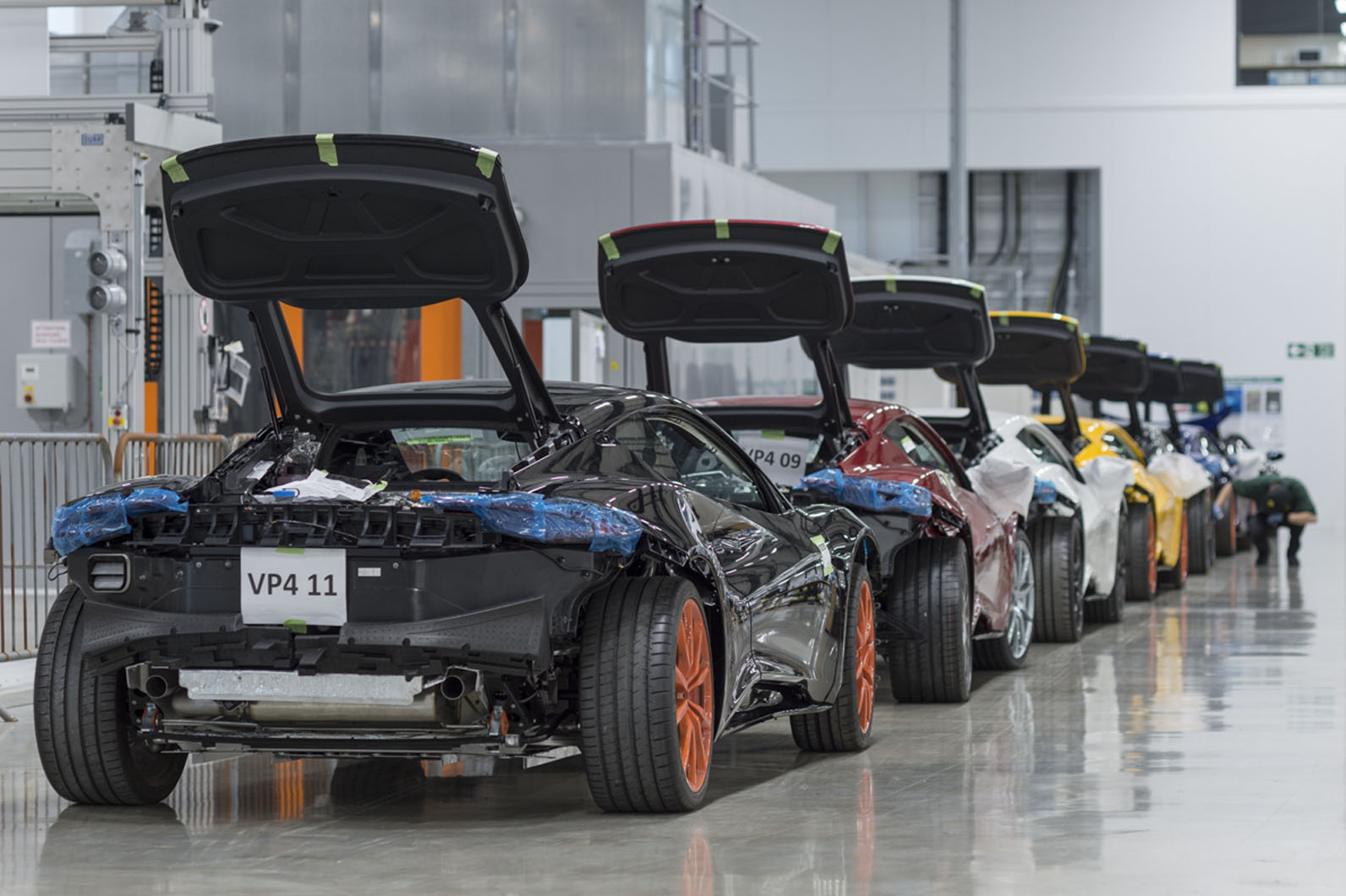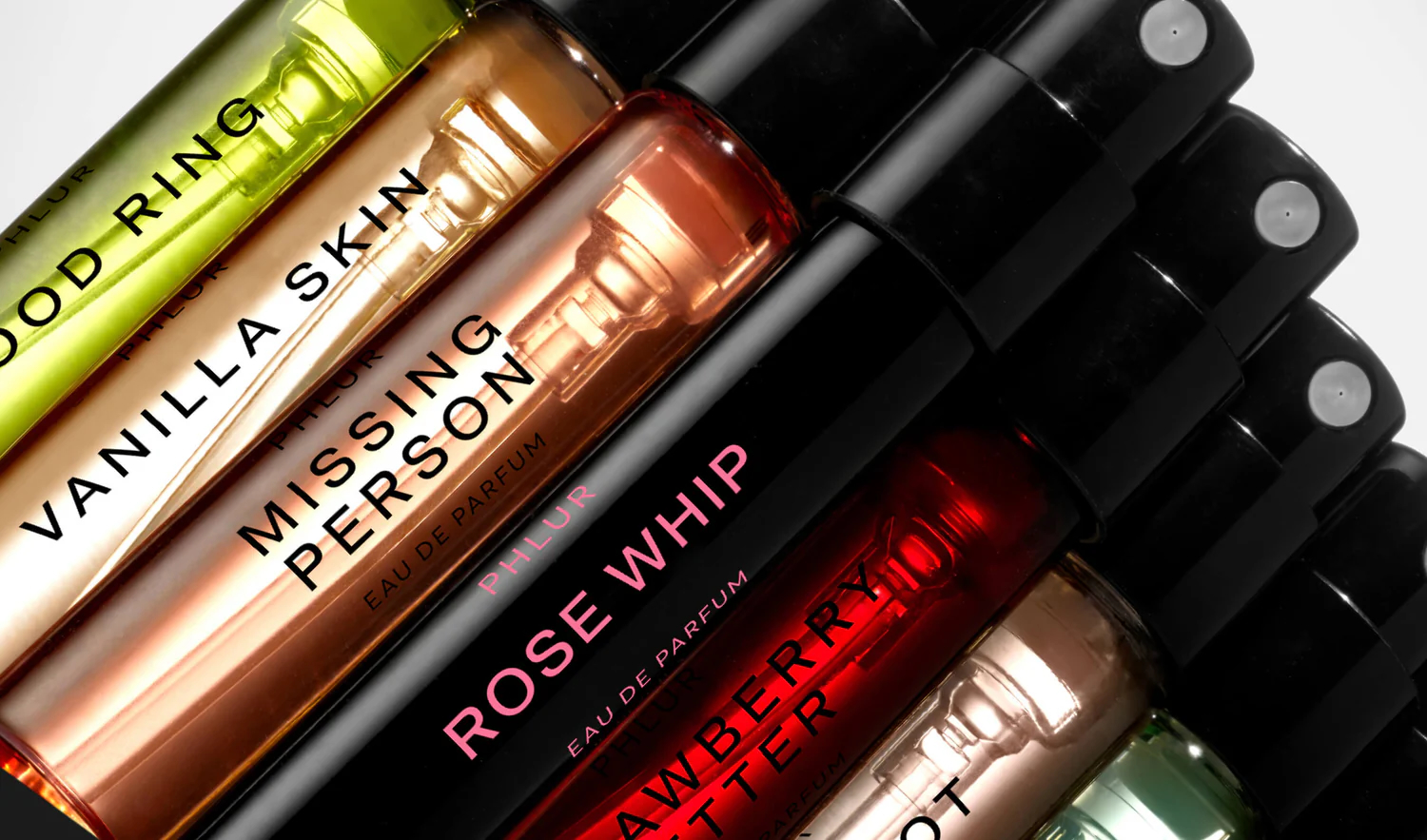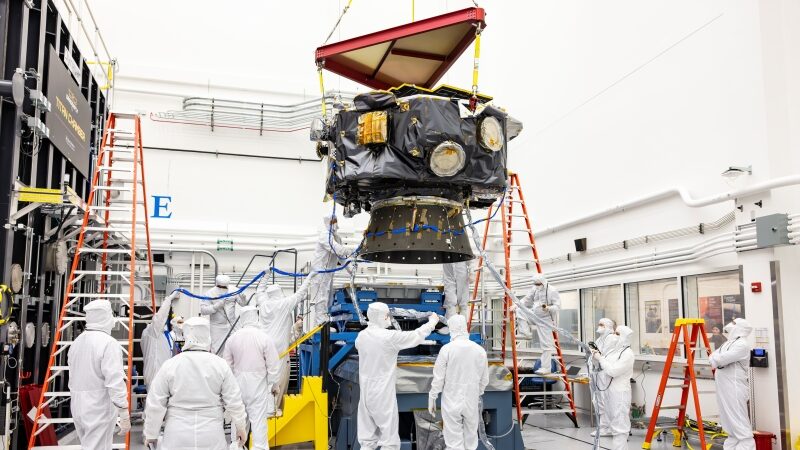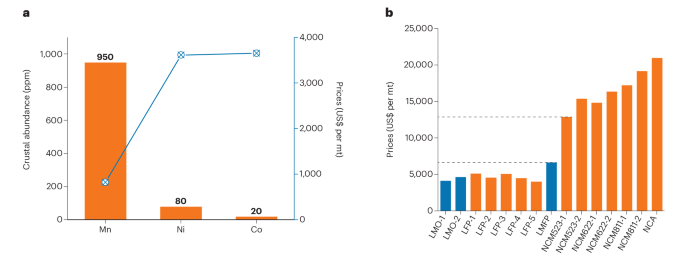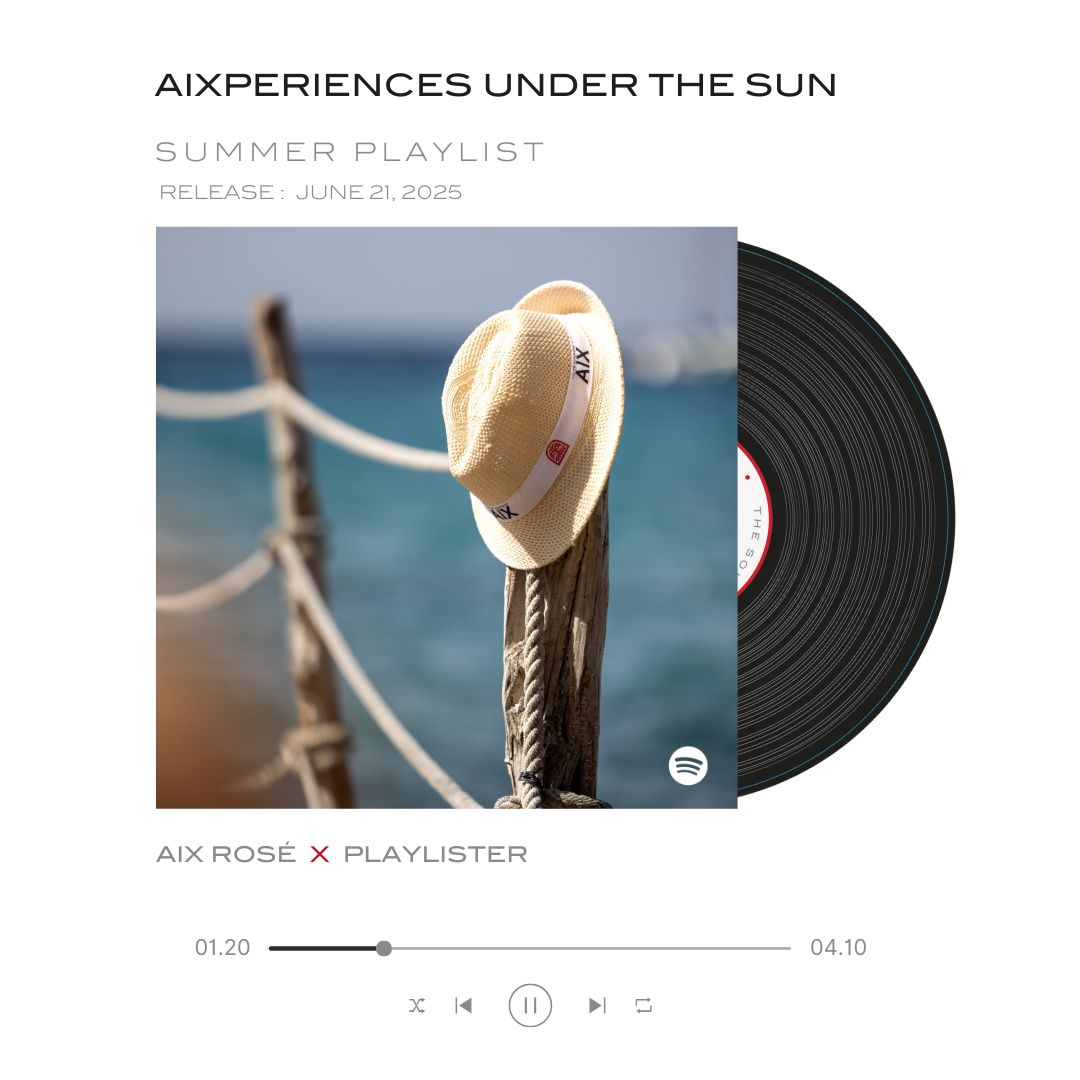Craft breweries have revealed their tips on how to stay relevant within a sector that is fraught with challenges.
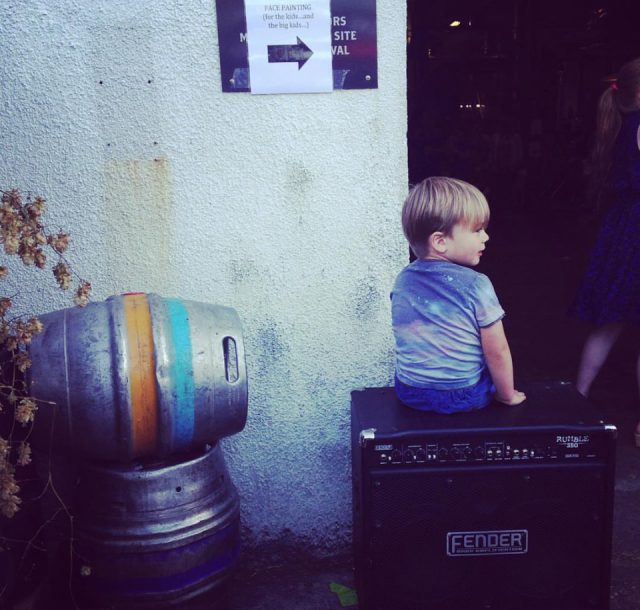
In a recent
CapRadio interview, US craft brewers took to the airwaves to discuss the challenges the industry is facing and the myriad ways to navigate the issues.
Speaking about the issues, Roseville-based Monk's Cellar owner and brewmaster Andy Klein admitted: “I hate when any brewery closes. I mean, we're all in it because we have a passion for it, and we want to share it and we work hard to make it work. I think consumers have a myriad of options and choices these days. But I think for us as brewers, just staying nimble and kind of paying attention to our customers and our guests and their preferences – I mean, the only constant is change.”
Taking a look at
what’s going on with the US beer industry,
db recently delved into the issues, but added to this,
geopolitical tensions between America and Canada are starting to shake up the US craft beer sector too.
Oregon’s craft brewing sector has seen its draught beer sales decline as a result of the pandemic changing consumer habits, but this is a trend happening across many states.
Klein explained that the recent challenges he was facing at the brewery were due to the fact that “ingredient costs are and have been going up. I mean everyone feels that, not only in the brewing world but at the grocery store, everywhere”. He added that there was also “a little bit of uncertainty with tariffs and that kind of thing” which has “caused people to pull back a little bit”.
The
beer sector delivered US$878 billion to the global gross domestic product (GDP) in 2023, according to a new report by the World Brewing Alliance (WBA) and the sector is also trying to assist in its own recovery with suppliers rallying round to do what they can to help craft brewers with access to
hop and production discounts.
Sacramento’s Touchstone Brewing taproom and marketing manager Kristen Madigan revealed that the brewery has to connect with the community on a few different levels. For instance, Madigan explained: “We've added a really lively outdoor space” and “have this huge patio” and highlighted how “we have great beer, great food, [we are] dog-friendly [and] children-friendly. So we're kind of just trying to advertise to the current millennial, I guess right now”.
Describing what breweries could do as people’s drinking patterns change, Madigan said: “I think that the breweries that are performing well are the ones that are able to stay relevant and look at what is changing and see how people are consuming hard cider, and hard seltzer, and kombucha or even non-alcoholic options and having those options available at your brewery. You don't have to be a beer drinker anymore to hang out at a brewery.”
In a deep dive piece into changes to US consumption patterns,
db looked into
why young Americans are turning away from alcohol after half of millennials and 60% of Gen Z refrained from drinking for a week or more over six months in 2024, according to data from the IWSR.
Madigan advised that turning a brewery around and making it successful had a lot to do with rethinking the space and added: “The biggest thing that I'm excited for is just to see the amount of change and effort that the breweries are putting into their spaces now, where before you could just open up a warehouse in the middle of nowhere and the people would come just because of the growth period we had.”
Discussing the biggest challenges and changes for the sector in the past five years, Rancho Cordova-based Log Off Brewing owner and brewer Kenny Terry mulled what had helped the business stay afloat and mused that it helped to be “a more neighbourhood brewery pub [compared to] some of these other breweries that closed”.
Terry explained: “We're more of a community hub, a meeting place, a public house. We've basically used our spaces well in that way and doing lots of events [and] social media.”
In terms of making sure the brewery meets the needs of all, Terry added: “It comes out of the variety. So I have seltzer options, I have some non-alcoholic options, I have fruity wheat beer, I have your IPAs, your stouts, your everything. So, just having something for everybody.”
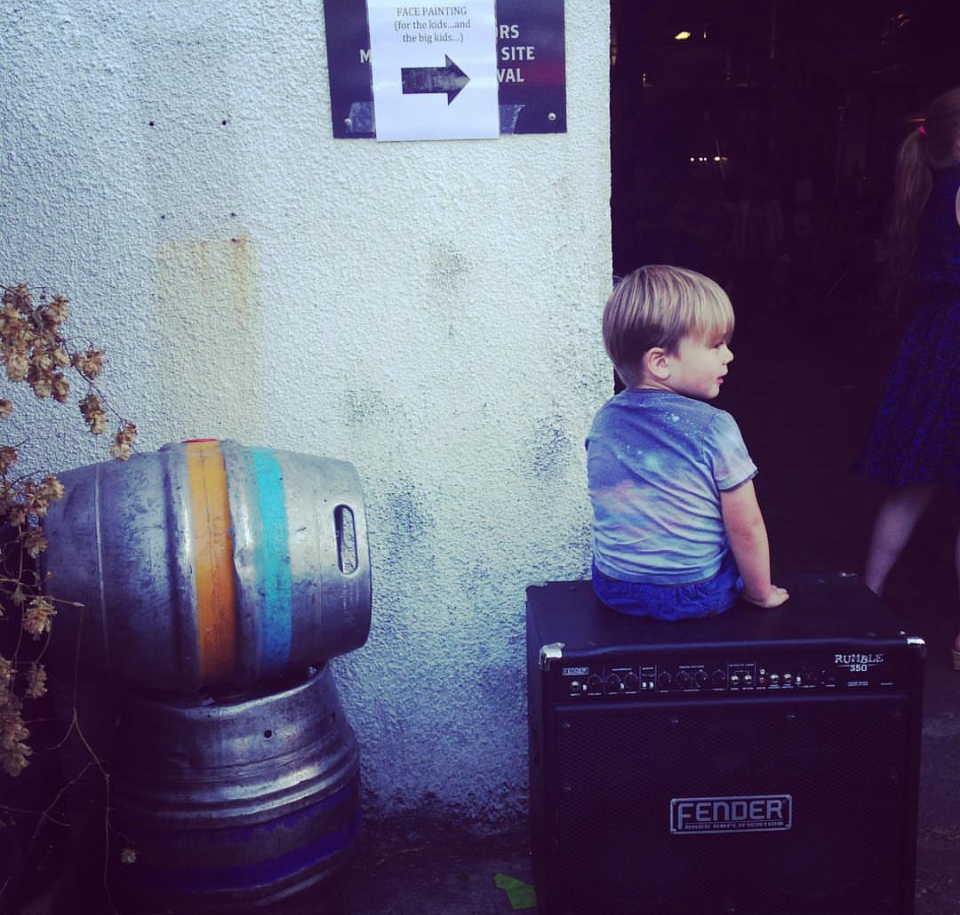
 In a recent CapRadio interview, US craft brewers took to the airwaves to discuss the challenges the industry is facing and the myriad ways to navigate the issues.
Speaking about the issues, Roseville-based Monk's Cellar owner and brewmaster Andy Klein admitted: “I hate when any brewery closes. I mean, we're all in it because we have a passion for it, and we want to share it and we work hard to make it work. I think consumers have a myriad of options and choices these days. But I think for us as brewers, just staying nimble and kind of paying attention to our customers and our guests and their preferences – I mean, the only constant is change.”
Taking a look at what’s going on with the US beer industry, db recently delved into the issues, but added to this, geopolitical tensions between America and Canada are starting to shake up the US craft beer sector too. Oregon’s craft brewing sector has seen its draught beer sales decline as a result of the pandemic changing consumer habits, but this is a trend happening across many states.
Klein explained that the recent challenges he was facing at the brewery were due to the fact that “ingredient costs are and have been going up. I mean everyone feels that, not only in the brewing world but at the grocery store, everywhere”. He added that there was also “a little bit of uncertainty with tariffs and that kind of thing” which has “caused people to pull back a little bit”.
The beer sector delivered US$878 billion to the global gross domestic product (GDP) in 2023, according to a new report by the World Brewing Alliance (WBA) and the sector is also trying to assist in its own recovery with suppliers rallying round to do what they can to help craft brewers with access to hop and production discounts.
Sacramento’s Touchstone Brewing taproom and marketing manager Kristen Madigan revealed that the brewery has to connect with the community on a few different levels. For instance, Madigan explained: “We've added a really lively outdoor space” and “have this huge patio” and highlighted how “we have great beer, great food, [we are] dog-friendly [and] children-friendly. So we're kind of just trying to advertise to the current millennial, I guess right now”.
Describing what breweries could do as people’s drinking patterns change, Madigan said: “I think that the breweries that are performing well are the ones that are able to stay relevant and look at what is changing and see how people are consuming hard cider, and hard seltzer, and kombucha or even non-alcoholic options and having those options available at your brewery. You don't have to be a beer drinker anymore to hang out at a brewery.”
In a deep dive piece into changes to US consumption patterns, db looked into why young Americans are turning away from alcohol after half of millennials and 60% of Gen Z refrained from drinking for a week or more over six months in 2024, according to data from the IWSR.
Madigan advised that turning a brewery around and making it successful had a lot to do with rethinking the space and added: “The biggest thing that I'm excited for is just to see the amount of change and effort that the breweries are putting into their spaces now, where before you could just open up a warehouse in the middle of nowhere and the people would come just because of the growth period we had.”
Discussing the biggest challenges and changes for the sector in the past five years, Rancho Cordova-based Log Off Brewing owner and brewer Kenny Terry mulled what had helped the business stay afloat and mused that it helped to be “a more neighbourhood brewery pub [compared to] some of these other breweries that closed”.
Terry explained: “We're more of a community hub, a meeting place, a public house. We've basically used our spaces well in that way and doing lots of events [and] social media.”
In terms of making sure the brewery meets the needs of all, Terry added: “It comes out of the variety. So I have seltzer options, I have some non-alcoholic options, I have fruity wheat beer, I have your IPAs, your stouts, your everything. So, just having something for everybody.”
In a recent CapRadio interview, US craft brewers took to the airwaves to discuss the challenges the industry is facing and the myriad ways to navigate the issues.
Speaking about the issues, Roseville-based Monk's Cellar owner and brewmaster Andy Klein admitted: “I hate when any brewery closes. I mean, we're all in it because we have a passion for it, and we want to share it and we work hard to make it work. I think consumers have a myriad of options and choices these days. But I think for us as brewers, just staying nimble and kind of paying attention to our customers and our guests and their preferences – I mean, the only constant is change.”
Taking a look at what’s going on with the US beer industry, db recently delved into the issues, but added to this, geopolitical tensions between America and Canada are starting to shake up the US craft beer sector too. Oregon’s craft brewing sector has seen its draught beer sales decline as a result of the pandemic changing consumer habits, but this is a trend happening across many states.
Klein explained that the recent challenges he was facing at the brewery were due to the fact that “ingredient costs are and have been going up. I mean everyone feels that, not only in the brewing world but at the grocery store, everywhere”. He added that there was also “a little bit of uncertainty with tariffs and that kind of thing” which has “caused people to pull back a little bit”.
The beer sector delivered US$878 billion to the global gross domestic product (GDP) in 2023, according to a new report by the World Brewing Alliance (WBA) and the sector is also trying to assist in its own recovery with suppliers rallying round to do what they can to help craft brewers with access to hop and production discounts.
Sacramento’s Touchstone Brewing taproom and marketing manager Kristen Madigan revealed that the brewery has to connect with the community on a few different levels. For instance, Madigan explained: “We've added a really lively outdoor space” and “have this huge patio” and highlighted how “we have great beer, great food, [we are] dog-friendly [and] children-friendly. So we're kind of just trying to advertise to the current millennial, I guess right now”.
Describing what breweries could do as people’s drinking patterns change, Madigan said: “I think that the breweries that are performing well are the ones that are able to stay relevant and look at what is changing and see how people are consuming hard cider, and hard seltzer, and kombucha or even non-alcoholic options and having those options available at your brewery. You don't have to be a beer drinker anymore to hang out at a brewery.”
In a deep dive piece into changes to US consumption patterns, db looked into why young Americans are turning away from alcohol after half of millennials and 60% of Gen Z refrained from drinking for a week or more over six months in 2024, according to data from the IWSR.
Madigan advised that turning a brewery around and making it successful had a lot to do with rethinking the space and added: “The biggest thing that I'm excited for is just to see the amount of change and effort that the breweries are putting into their spaces now, where before you could just open up a warehouse in the middle of nowhere and the people would come just because of the growth period we had.”
Discussing the biggest challenges and changes for the sector in the past five years, Rancho Cordova-based Log Off Brewing owner and brewer Kenny Terry mulled what had helped the business stay afloat and mused that it helped to be “a more neighbourhood brewery pub [compared to] some of these other breweries that closed”.
Terry explained: “We're more of a community hub, a meeting place, a public house. We've basically used our spaces well in that way and doing lots of events [and] social media.”
In terms of making sure the brewery meets the needs of all, Terry added: “It comes out of the variety. So I have seltzer options, I have some non-alcoholic options, I have fruity wheat beer, I have your IPAs, your stouts, your everything. So, just having something for everybody.” 










